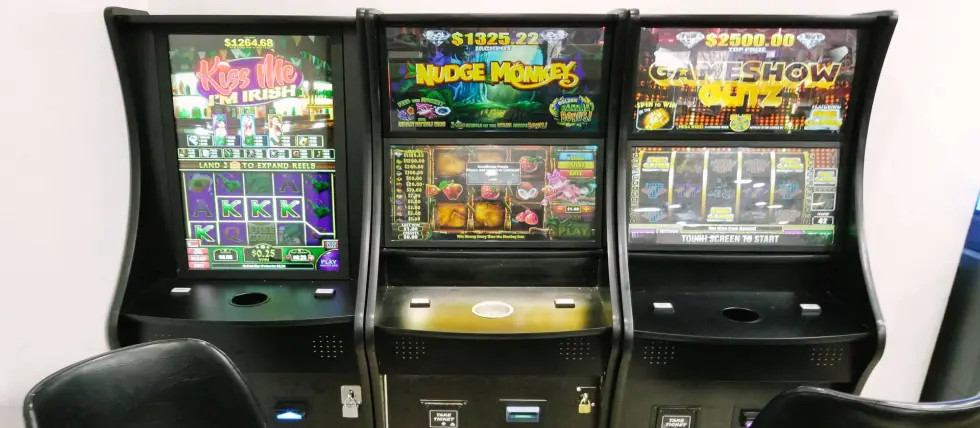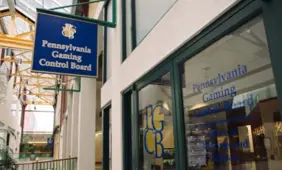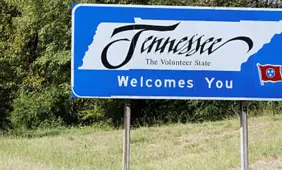Pennsylvania Lawmaker Still Aims to Push Skill Games Market
Pennsylvania Sen. Gene Yaw is preparing to introduce new legislation aimed at regulating and taxing skill games, working alongside fellow Sen. Anthony Williams. Yaw has been a consistent advocate for bringing the machines under a structured regulatory framework, arguing that the revenue generated can provide significant financial support to small businesses and veterans' organizations across the state.

Yaw first introduced a bill in April that proposed a 16% tax on skill game machines. That measure, Senate Bill 626, placed oversight authority with the Pennsylvania Department of Revenue while assigning enforcement duties to the Bureau of Liquor Control Enforcement. The bill also included application and renewal fees for operators, distributors, and establishments, but did not contain provisions for monthly terminal fees. Despite his efforts, the bill has not advanced since its introduction earlier this year.
Related: New Pennsylvania Skill Games Bill Promises No Additional TaxesIn a recent legislative memo, Yaw outlined the framework for a new proposal that differs from SB 626 in several key areas. He explained that he and Williams plan to put forward comprehensive legislation to regulate skill games in the near future. While he did not specify the tax rate in the memo, Yaw stated that the forthcoming bill would include a $500 monthly fee for each skill game terminal. He added that the total number of terminals statewide would be capped at 50,000.
According to Yaw's projections, the monthly fee structure would generate $300 million in annual revenue for the Commonwealth. He also emphasized that the proposed legislation would give local governments the ability to create rules addressing health and safety standards in establishments where skill games are located. This addition reflects an effort to expand oversight at the community level in conjunction with statewide regulation.
Yaw has long argued that skill games should not be classified as gambling devices because outcomes are determined by a player's ability rather than chance. That position was reinforced in December 2023, when the Commonwealth Court upheld the legality of skill games under Pennsylvania law. The court decision provided a foundation for legislators to move forward with discussions about formal regulation.
More Regulation
Bill Needs Additional Sponsors to Strengthen Support
The senator is now seeking bipartisan co-sponsorship for the new bill, hoping to attract broader support than his earlier proposal received. By adding a monthly fee and placing a statewide limit on machines, Yaw appears to be adjusting his strategy to address concerns raised during previous debates over regulation. The similarities in projected revenue between his earlier plan and the upcoming bill suggest that his focus remains on securing a dependable funding source for state programs and local needs.
While SB 626 estimated that a 16% tax would raise $300 million annually, Yaw's forthcoming proposal relies on monthly fees to reach the same figure. That shift underscores his willingness to explore different mechanisms for generating revenue while keeping the overall financial target unchanged. The inclusion of local government authority in the new plan also signals an effort to balance statewide consistency with community-level regulation.
The announcement of this second attempt to regulate skill games comes as debate continues over how to manage the growing presence of such machines in bars, restaurants, and social clubs. By pairing taxation with a fixed monthly fee, Yaw and Williams are positioning their legislation as both a regulatory framework and a revenue-generating measure. Whether the revised approach will gain traction remains dependent on support from lawmakers across both political parties.
RELATED TOPICS: Regulation
Most Read
Must Read
 Interviews
Interviews
Exclusive Interview: Levon Nikoghosyan Shares AffPapa Winning Formula for Successful iGaming Events
Dec 03, 2025 Interviews
Interviews






Review this New Post
Leave a Comment
User Comments
Comments for Pennsylvania Lawmaker Still Aims to Push Skill Games Market